Keywords: Isis
There are more than 200 results, only the first 200 are displayed here.
-
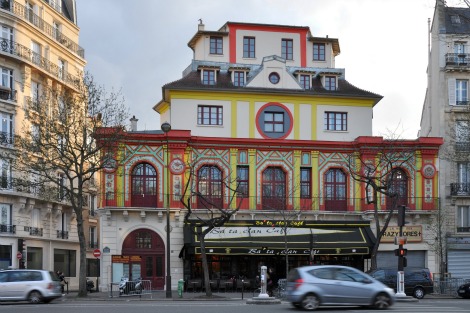
INTERNATIONAL
- Bronwyn Lay
- 14 January 2016
3 Comments
As I marched for Remembrance Day in our small village in France, I wondered, 'How long will these villages keep these ceremonies? When will someone decide these wars are too long ago or too far away?' Two days later, Paris was attacked. The news came like war does: sudden and violent. Then came declarations of a state of emergency and the closing of borders. My eldest daughter was over the border in Switzerland without a passport. War starts in increments, in the small ordinary worries of families.
READ MORE 
-
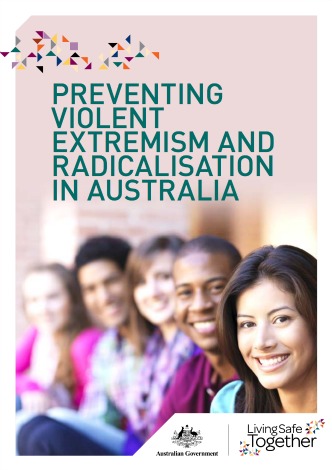
AUSTRALIA
- Andrew Zammit
- 11 January 2016
2 Comments
In September Sydney's Daily Telegraph ran the headline 'Schoolyard Terror Blitz', reporting that 'schoolteachers will be given access to radicalisation information awareness kits explaining how to identify students at risk and what they should do to intervene as concerns grow about the rise of teen terrorists'. As the government prepares to address the involvement of schoolchildren in violent extremism, a controversial program in the UK shows a dangerous path that Australia must avoid.
READ MORE 
-
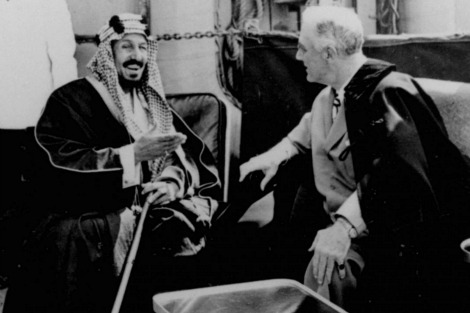
ECONOMICS
- David James
- 15 December 2015
3 Comments
In the early 1990s, America, Europe and Japan accounted for about 90 per cent of world GDP. Now, they account for less than half. The BRICs and other developing nations have grown steadily (in China's case spectacularly) while Europe has stagnated and America has sputtered at best. Recent developments in the geopolitics of fossil fuels and in finance confirm the perception that the rise of China and the developing world spells the end of US global hegemony. Against this backdrop, the narrative of the West has grown increasingly incoherent.
READ MORE 
-
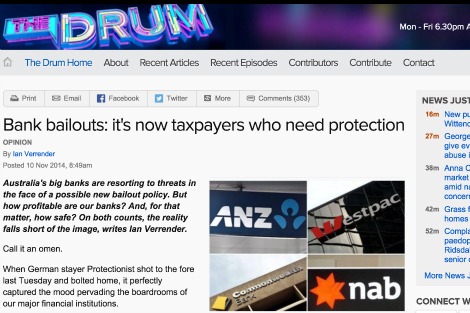
AUSTRALIA
- Justin Glyn
- 14 December 2015
4 Comments
There is a new proposal from Prime Minister Malcolm Turnbull that those convicted of terrorism offences are to be remanded in jail even after they finish serving their sentences. Given that the pressing of terrorism charges has already proven to be a highly subjective practice, there is good reason to fear that any new powers to detain people beyond the expiration of their sentences for terrorism offences will, like the offences themselves, be applied in a politically selective manner.
READ MORE 
-

RELIGION
- Frank Brennan
- 27 November 2015
2 Comments
'The crisis of child sexual abuse in our societies has required that our institutional procedures be more transparent and that we learn from the ways of the world in exercising power openly and justly. This means we have to restructure some of our church arrangements so that power is exercised accountably and transparently. All of us who have positions of influence and power in institutional churches need to be attentive to the voices of those who have suffered within our institutions.' 'Discerning the place for the prophetic voice and pragmatic cooperation of the churches in the great moral questions of the age', address to the Association of Practical Theology in Oceania conference, 26 November 2015.
READ MORE
-
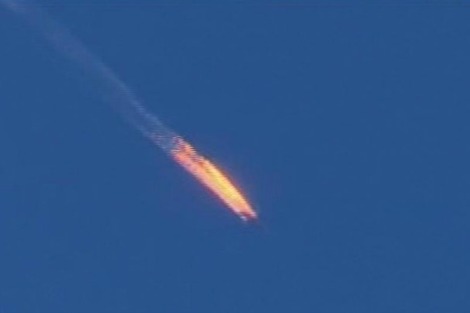
INTERNATIONAL
- Justin Glyn
- 26 November 2015
6 Comments
The downing of a Russian Sukhoi-24 bomber by Turkey reminds us of the risks which attend military intervention. There are, however, a number of additional complicating factors which promise to make the Syrian war even more dangerous and bloody for all sides. The situation could escalate dangerously. If this kind of event is not to become much more common, potentially leading to a much wider war, genuine peace talks with a lot more honesty on each side need to be a priority.
READ MORE 
-

CARTOON
- Fiona Katauskas
- 25 November 2015
2 Comments
This week's offering from Eureka Street's award winning political cartoonist.
READ MORE 
-
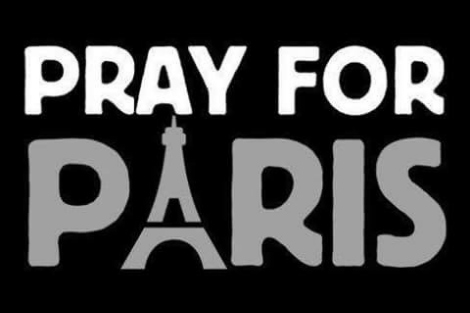
INTERNATIONAL
- Fatima Measham
- 20 November 2015
12 Comments
It is tempting to view the aftermath of terrorist attacks such as those in Paris as a well-rehearsed script. There are condemnation of the killings, sympathy for the families of victims, resolve to seek and punish perpetrators, expressions of solidarity across nations. Also, assaults targeting Muslims on the street and in policy. This time a few things have gone off-script. 'Hugs and hashtags' won't stop ISIS, but there is strength in refusing to cede control over our language and behaviour to terrorists.
READ MORE 